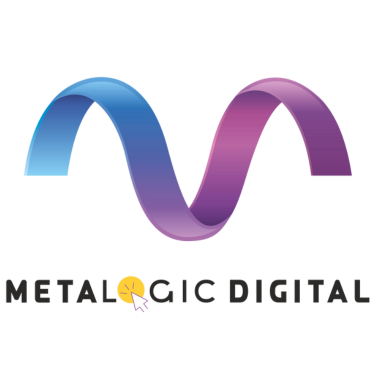AI-Aided Understanding of SEO
1. Creative and Analytical Keyword Sourcing
2. Content Optimization with AI
3. Machine Learning and Search Algorithms
4. SEO Automation for Technical SEO
5. AI-Powered Voice Search Optimization
6. Automated Link Building with AI
7. AI in Local SEO & Google My Business Optimization
How SEO Automation is Changing the Game
How MetaLogic Digital Helps
Conclusion
Frequently Asked Questions

AI will optimize content to include relevant keywords, minimize manual SEO activities, and make adjustments in matching user intent based purely on machine learning.
Machine learning in SEO refers to the AI-based algorithms, which measure user behavior, adjust rankings in search processing, and improve content strategies by referring to real time variations in data inputs.
Although AI can automate a lot of SEO tasks, consulting with other experts to increase the strategy, creativity, and quality of the content is still very important.
By analyzing search trends, assessing keyword relevance, enhancing readability, and providing other relevant insights needed to optimize content to achieve better rankings, AI tools deliver the best benefits.
Good examples of AI-driven SEO tools include Surfer SEO, SEMrush, Ahrefs, Clearscope, and Frase as well as Google’s RankBrain for search-ranking improvements.


